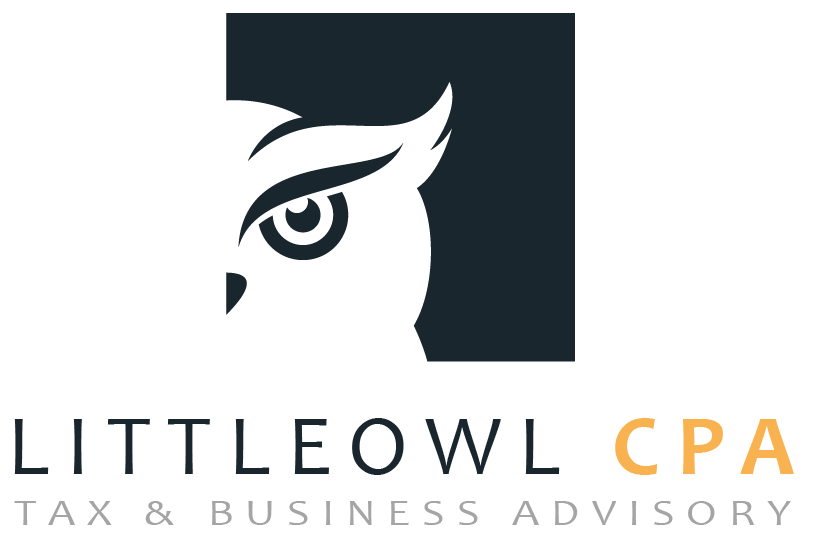The Secure 2.0 Act of 2022 was signed into law on December 29, 2022. The act is a continuation of the SECURE Act of 2019. The new law addresses retirement provisions and is designed to help taxpayers save more for retirement.
Updates to Required Minimum Distributions
Taxpayers are required to begin taking required minimum distributions (RMDs) from qualified retirement plans and IRAs by April 1 of the calendar year following the calendar year in which the individual reaches age 72. Each subsequent RMD after the first year must be made by December 31 of each year.
The Secure 2.0 Act raises the age 72 threshold as follows:
-
- Age 73 starting in 2023
- Age 75 starting in 2033
IRA Catch-Up Contributions
For 2023, annual 401(k) elective deferral contributions are limited to $22,500. For individuals age 50 and over, an additional $7,500 catch-up contribution is allowed for a combine limit of $30,000. Both the elective deferral limit and the catch-up limit are indexed for inflation.
Beginning in 2025, the catch-up elective deferral limits are increased for eligible participants who attain ages 60, 61, 62 and 63 before the close of the year. For the 401(k), the adjusted dollar amount is the greater of $10,000 or 50% more than the regular catch-up amount (150% of the regular catch-up amount).
SEP-IRAs for Domestic Employees
Beginning in 2023, any employer can set up a SEP plan for a domestic employee, including a nanny.
Distributions from Qualified Tuition Program to Roth IRAs
Beginning in 2024, the Secure 2.0 Act allows for a special tax-free rollover to a Roth IRA from a long-term qualified tuition program. A long-term QTP is one that has been maintained for the 15-year period ending on the date of the distribution. The rollover distribution is tax-free if:
- It does not exceed the aggregate amount contributed to the program (and earnings attributable to the contributions) before the 5-year period ending on the date of the distribution and
- It is paid in a direct trustee-to-trustee transfer from to a Roth IRA maintained for the benefit of the QTP designated beneficiary
The annual contribution limits to Roth IRAs applies to the QTP rollover distribution for that year. There is also a $35,000 lifetime aggregate limit for all QTP to Roth IRA rollover distributions.
SIMPLE and SEP Roth IRAs
Beginning in 2023, SIMPLE IRAs can also accept Roth contributions. SEP plans which previously only accepted employer money can allow employees the ability to treat employee and employer SEP contributions as Roth contributions. Grandfathered salaried reduction SEPs cannot accept Roth contributions.
A plan which is designated as a Roth IRA cannot be treated as a SEP or a SIMPLE plan unless the employee elects for the plan to be so treated.
Credit for Small Employer Pension Plan Startup Costs
Beginning in 2023, the Credit for Small Employer Pension Plan Startup Costs is expanded to a credit equal to 100% of the qualified pension plan startup costs paid or incurred by a taxpayer during the year. The credit is generally limited to the greater of:
-
- $500, or
- The lesser of:
- $250 for each employee of the eligible employer who is not a highly compensated employee and who is eligible to participate in the plan or
- $5,000
Eligible employers are generally those with no more than 100 employees who received at least $5,000 of compensation for the preceding year.
An additional credit for employer contributions by certain small employers equal to the applicable percentage of employer contributions (other than employee elective deferrals). This additional credit is limited to $1,000 per employee. The credit phases out for employers with more than 50 employees. The additional credit does not apply with respect to any employee receives wages in excess of $100,000.
After the first year, the applicable tax credit percentage is calculated as follows:
-
- Year 2: 100%
- Year 3: 75%
- Year 4: 50%
- Year 5: 25%
- Year 6 and after: 0%
If you have questions about how this topic will impact you, Team LittleOwl CPA is here to help. Schedule a discovery call today!

About Tabitha Regan
Tabitha Regan is the Founder and CEO of LittleOwl CPA. She is a Certified Public Accountant, Certified Financial Planner™ and Personal Financial Specialist. In her 16+ year career span, she has developed an expertise in the specific needs of small businesses and busy professionals with accounting, tax and advisory services.


